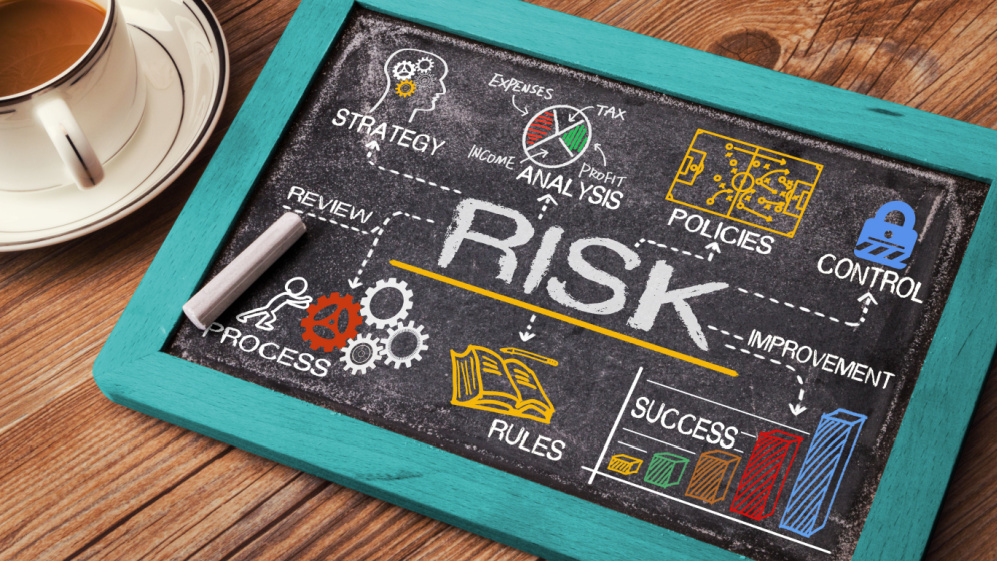As we say at Fallston Group – “Anybody with an internet connection or recording device can wreak havoc on your brand.” In this fast-paced intersection of technology and business, professionals across various domains face the challenge of managing risks and proactively shaping the trajectory of organizations. At Fallston Group LLC (Expert Reputation Management | Fallston Group), a global reputation agency, we understand that Risk Intelligence (RI) is more than a buzzword; it’s a strategic mindset that underpins effective Crisis and Reputation Management – specifically, leadership, strategy, and communications. Please make no mistake: crises cost time, money, customers, careers, and in the worst-case scenarios, freedom and lives. We routinely ask our clients, ‘Are you ready to meet the moment?’ Often, the authentic answer is ‘no.’ Enter risk intelligence.
Strategic Decision-Making in the Face of Risks
Risk Intelligence transcends traditional risk management by demanding a profound understanding of evolving technologies, compliance requirements, cyber threats, reputational weaknesses, and other variables. Leaders who embrace RI gain a strategic advantage by staying one step ahead of business perils and their competitive space. Ironically enough, resilient companies don’t mind managing marketplace issues of sensitivity, adversity, or crisis because that is often the impetus of what wipes out their competition.
Consider a scenario where a global manufacturing company is contemplating a significant expansion into a new market. In this case, forward-leaning leaders don’t just rely on historical data or industry norms; instead, they utilize RI to conduct a comprehensive risk assessment. Why? Leaders who are built for turbulence are often impeccable critical thinkers, analysts, and empathetic to the unique needs of their various micro-communities. Factors to consider:
Internal Factors:
Operational Vulnerabilities: RI-aware leaders evaluate the company’s internal operations, identifying potential vulnerabilities in supply chains, manufacturing processes, and logistics. For instance, they might assess the dependence on a single supplier for a critical component and strategize alternatives to mitigate supply chain disruptions. In our experience working in the manufacturing realm, supply chain redundancy has been a critical element to long-term success. This is often overlooked for a variety of reasons, most of which are economic.
External Factors:
Market Dynamics: External market dynamics are crucial. RI-driven leaders evaluate customer preferences, competitive landscapes, and economic conditions. They might consider potential shifts in consumer behavior or emerging competitors that could affect market share. This allows them to tailor their market entry strategies and product positioning accordingly. The old adage that ‘you can never know your customers, or competition, too well’ is alive and well in today’s global marketplace. If you don’t know your stakeholder base, someone else will.
Strategic Responses:
With a comprehensive understanding of internal and external factors, RI-informed leaders can now plan strategic responses. At Fallston Group, we have been helping organizations develop executive responses, standby statements, employee message points, communications plans, etc., which is necessary when being predictive and utilizing RI to protect your reputation. It’s not good enough to say you are ready; organizations must pressure test their plans. The proper sequencing of assessments, policy development, and training is critical.
Leaders must be forward-thinking about risk and their organizations’ reputation because, in the contemporary business landscape, foresight is synonymous with resilience. Anticipating and mitigating potential risks, having a crisis plan, and training to develop organizational muscle memory is paramount for sustaining organizational integrity. This predictability becomes especially critical in the context of Risk Intelligence (RI), as it empowers leaders with a sophisticated understanding of evolving technologies to determine risks to themselves and their business. By integrating RI into their strategic decision-making processes, leaders can navigate complexities, capitalize on opportunities, and proactively safeguard the reputation of their organizations in an ever-changing and interconnected business environment. In essence, being forward-thinking about risk and reputation is not just a leadership trait; it is a commitment to securing the long-term success and resilience of the organization.
Beyond technical aspects, executive leadership fosters a risk-aware culture within every organization – it starts at the top, including boards. There are many models one can research to contribute to building a risk-aware culture within organizations – it’s a mindset.
Cultivating Risk Intelligence is not just a best practice; it’s imperative to an organization’s long-term solvency. A commitment to staying informed while being predictive and proactive is invaluable. By embracing Risk Intelligence, organizations are more protected from potential threats and empowered to capitalize on opportunities, particularly in light of today’s cybersecurity and compliance risks.
Remember my mantra: “Reputation leads to Trust & Trust leads to Valuation – and not all currency is financial.”
Rob Weinhold
Chief Executive, Fallston Group
info@fallstongroup.com

